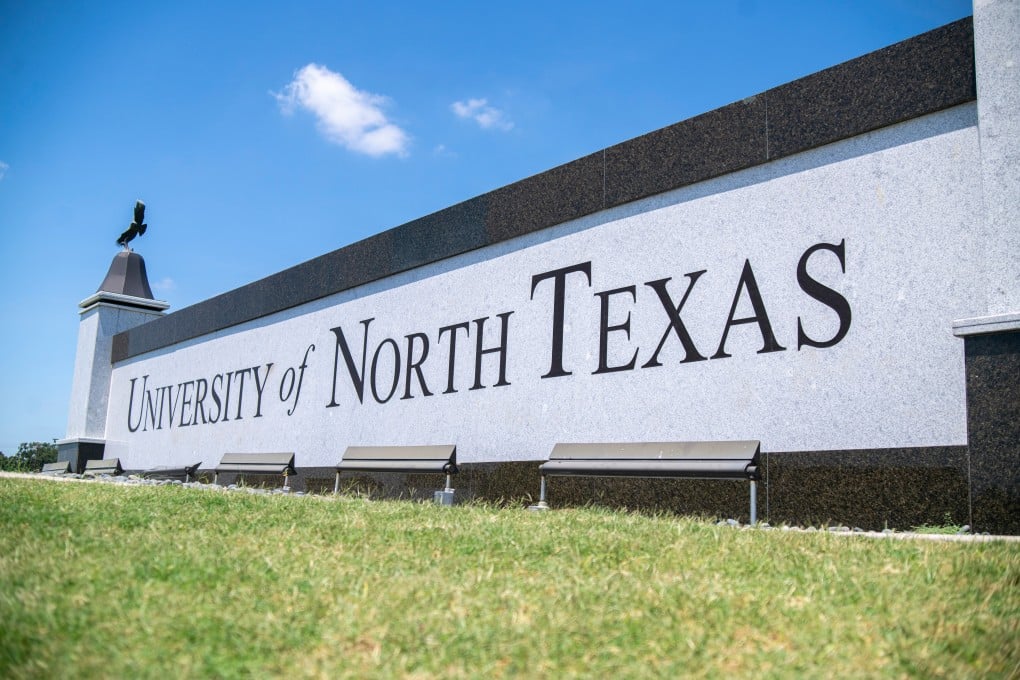The Chinese researchers caught in a US academic no-man’s land
- More than a dozen scholars on a Chinese-funded programme have been told by an American university that their visas are no longer valid and they have to leave the country
- The decision closes yet another door to exchanges between the countries amid acrimony over claims of intellectual property theft

Two days after the autumn term began at public research university in the US state of Texas, a group of visiting Chinese researchers were suddenly told they had to go.
In an email sent on August 26, the University of North Texas (UNT) told the researchers that it had cut ties with the Chinese Scholarship Council (CSC), a funding programme under China’s Ministry of Education. As a result, their student visas were no longer valid and they had 30 days to leave the country.
No reason was given for the decision but it meant that 15 of the CSC-funded researchers have to leave the United States by the end of September.
One of the affected scholars, a specialist in computer vision and smart systems, said the email caught everyone by surprise, especially as their one-year exchange programme had just two months to go.
“I was very shocked, it was very sudden,” the researcher said. “I didn’t think that this type of situation would happen. I still am not clear about why they did this, and if the university does not reverse the decision, my only choice is to go home.”